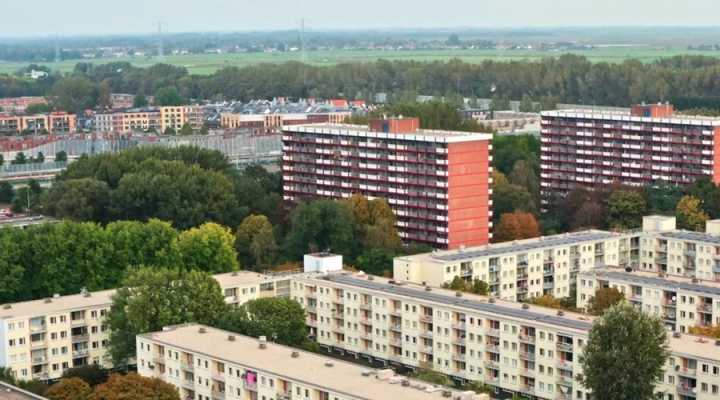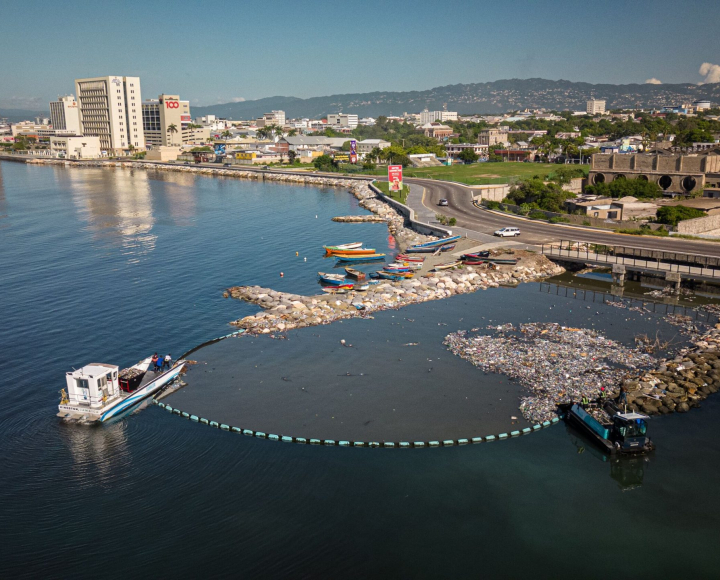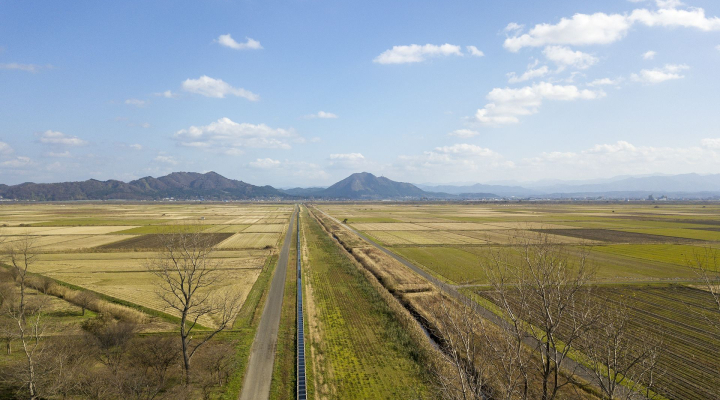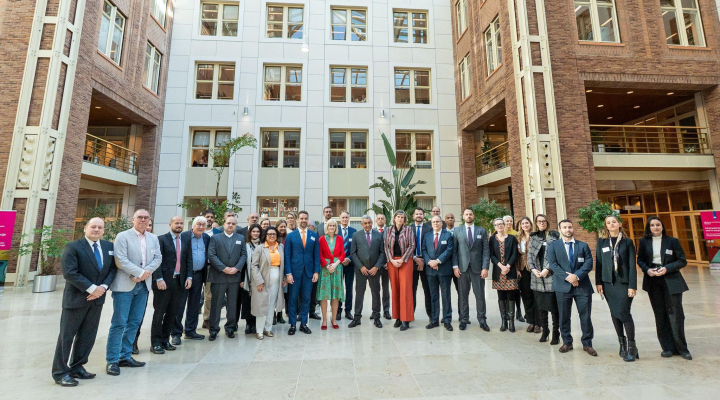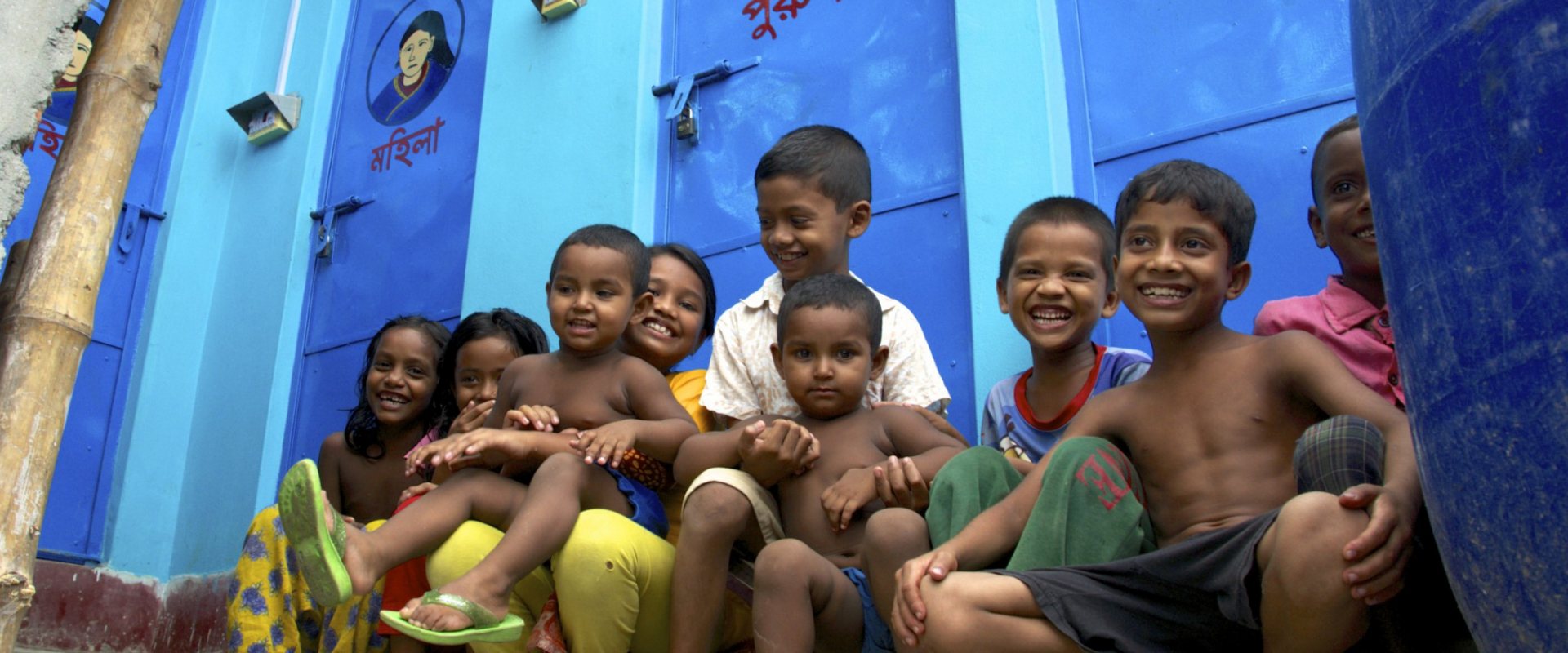
World toilet Day 2019: Every person needs a toilet, marginalized first
Today is World Toilet Day and the theme is: leaving no one behind. One in every three people in the world does not have access to safely managed sanitation and an increasing part are marginalized people, mainly poor, elderly, disabled and excluded communities.
UN Sustainable Development Goal SDG# 6.2 calls for universal access to adequate sanitation and hygiene by 2030. This cannot be achieved without addressing the marginalized people.
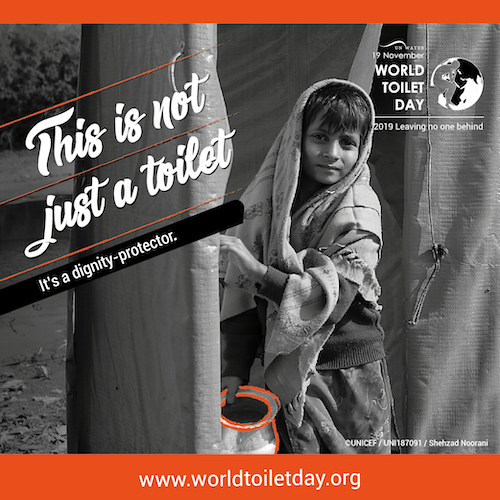

Marginalized first
Therefore, special UN rapporteur Leo Heller calls for governments to change their WASH-policies. ‘Inequalities are increasing, which means that the policies are still prioritizing the wealthiest part of the population. So leaving no one behind means that the policies should invert this order of priority. They need to put first the people that are the most marginalized.’
In an interview earlier this year Heller mentioned the gender issue to be very strongly present in sanitation. 'Without separate facilities in the public space, the women are impacted more heavily than the men and the girls more heavily than the boys.'
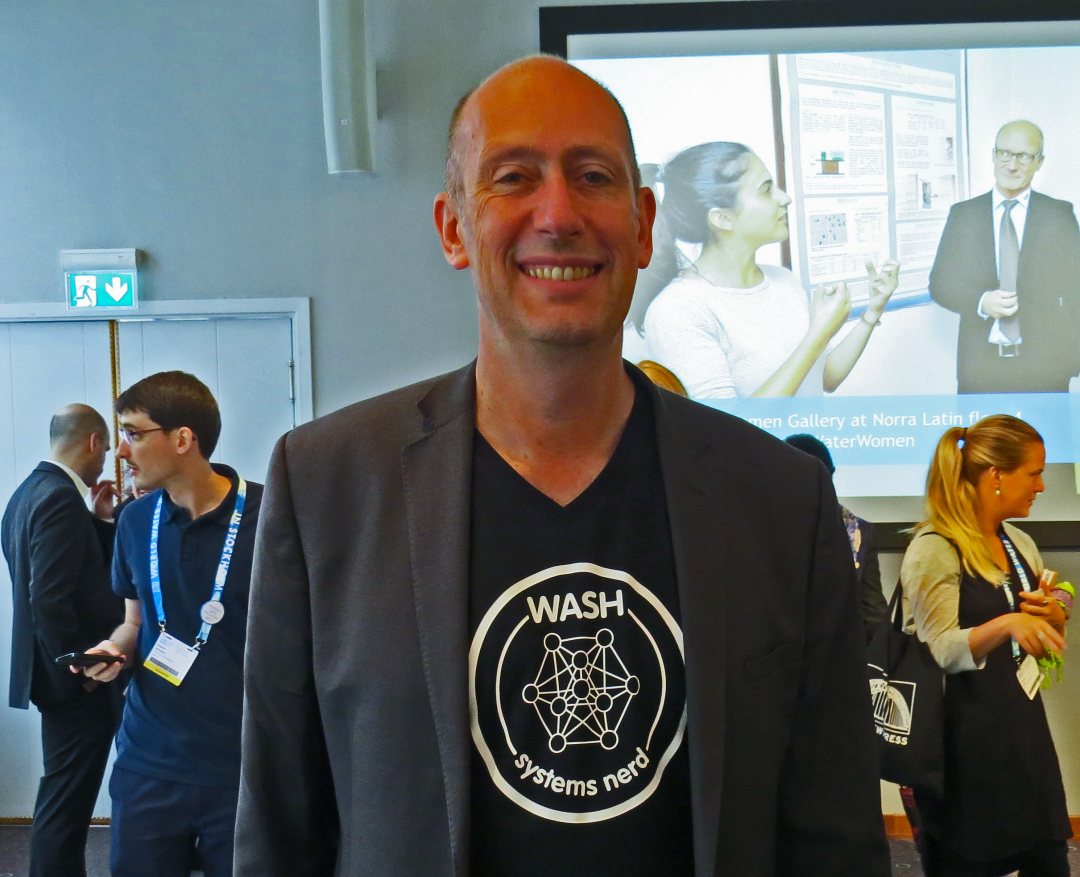

Embrace the system
CEO Patrick Moriarty of IRC Wash finds it just outrageous and ridiculous that people have to live surrounded by their own and their neighbours filth in 2019. In his blog on the IRC-website he writes - to stir the pot a bit – that the sanitation community is putting out the wrong messages.
It is not only about finance, behavioural change and the private sector to step in. ‘They aren’t one -off, it is about getting the system going’, Moriarty writes.
‘The private sector will always make toilets, they’ll always run septic trucks, and they’ll often make and run treatment words. But policy, regulation, subsidy are the oil in the machine required to make the whole thing work. And government leadership and money, the motive energy that gets and keeps it rolling. So let’s demand both – leadership and – lots of money and spend it on the sanitation system’.
Toilet accelerators
Today, several Dutch organisations call for commitment. SNV is one the organisations that, together with Plan International UK, UNICEF, WaterAid, the World Bank and WSSCC, calls for toilet accelerators.
In a joint statement the organisations launched the campaign #RuralSanitationMatters, encouraging stakeholders to renew their commitment and step up their ambitions for rural sanitation programmes and realize the right to sanitation, accelerate progress, and deliver scale with equity and sustainability.
On Wednesday 20 November SNV will co-host a webinar (9-10 AM GMT) on the #RuralSanitationMatters call to action.
Every single person
The World Toilet Organization (WTO) is holding the World Toilet Summit in Sao Paulo, Brasil on 17 – 19 November.
Commenting on the theme 'Leaving no one behind', WTO-founder Jack Sim said in a recent interview: ‘Every single person, of different ages, handicapped, LGBT — they all have to be cared for. Every single person needs a toilet’.
WTO established World Toilet Day and the World Toilet Summit in 2001.




